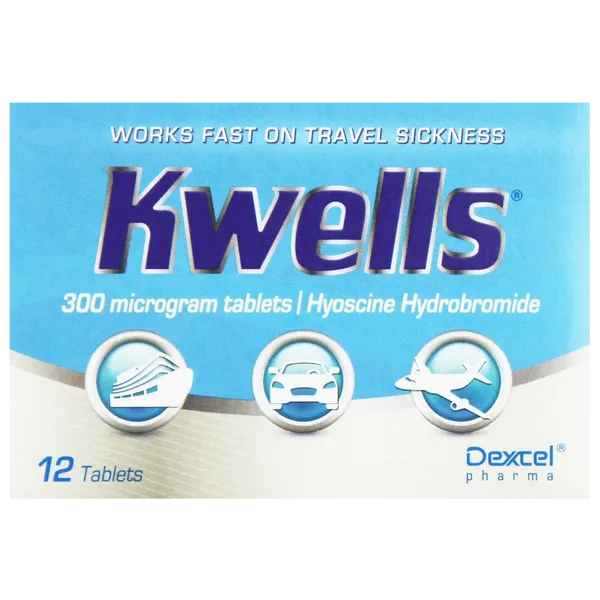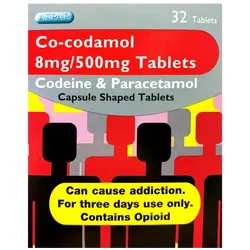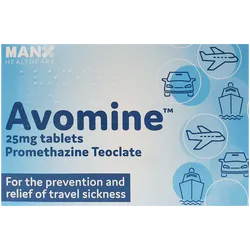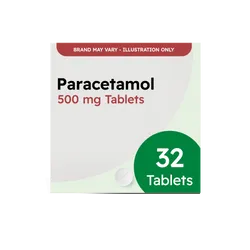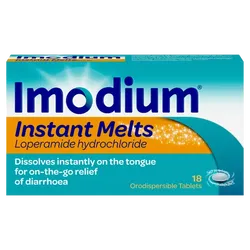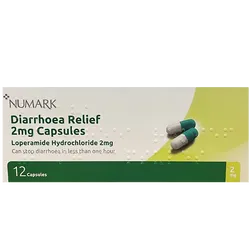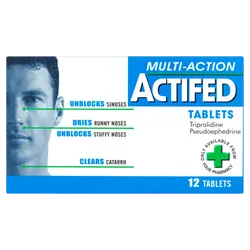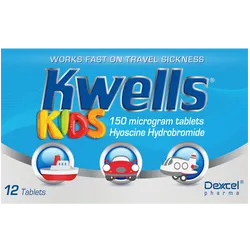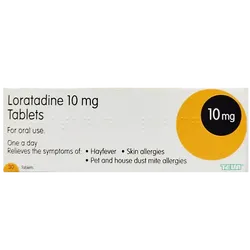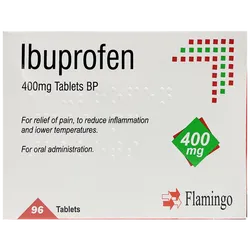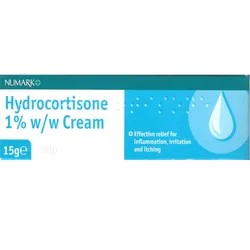Do not take Kwells tablets if you:
- are allergic to hyoscine hydrobromide or any of the other ingredients in the tablets.
- have glaucoma.
- have a blockage of the intestines.
- have a narrowing f the stomach outlet.
- have myasthenia gravis.
- have an enlarged prostate gland.
Before taking Kwells tablets, you should see your doctor if you:
- are over 60 years of age.
- are under medical care, especially for heart, metabolic, gastrointestinal, liver or kidney conditions.
- have previously had a sudden painful inability to pass urine.
- have ulcerative colitis,
- have diarrhoea or fever,
- have down's syndrome.
- suffer from seizures or fits.
This product should only be given to children over 10 years of age.
Since it may cause drowsiness, children taking this medication should not be left unattended.
Tell your doctor or pharmacist if you are taking or have recently taken any other medicines, including medicines obtained without a prescription.
Do not take Kwells tablets if you are taking any of the following medicines, unless advised by your doctor:
- amantadine,
- antihistamines,
- antipsychotics,
- antidepressants,
- linesolid (an antibiotic),
- domperidone and metoclopramide (for nausea and vomiting),
- sublingual nitrate (for angina).
Do not drink alcohol while taking Kwells tablets as this may make you feel more drowsy.
May cause drowsiness. If affected do not drive or operate machinery.
Do not take Kwells tablets if you are pregnant or breast-feeding unless recommended by your doctor or midwife.
Symptoms of an overdose may include: fast or irregular heart-beat, difficulty passing water, blurred vision or dislike of bright light. Hallucinations may occur.
If you have any of these symptoms or have taken more than the recommended dose, tell your doctor or contact your nearest Accident and Emergency Department immediately.
Like all medicines, Kwells tablets can cause side effects, although not everybody gets them.
Some people have experienced blurred vision, dilated pupils, dry mouth, drowsiness and dizziness. You may also experience an increased body temperature due to decreased sweating.
Less frequently, there have been reports of restlessness, hallucinations and confusion.
If you are epileptic, you might suffer from increased seizure frequency.
As with all medicines, some people may be allergic to the tablets. If you are allergic, you may experience difficulty in breathing, coughing, wheezing or symptoms such as rash, itching and swelling.
If you experience any of these effects or react badly to the tablets in any way, tell your doctor immediately.
